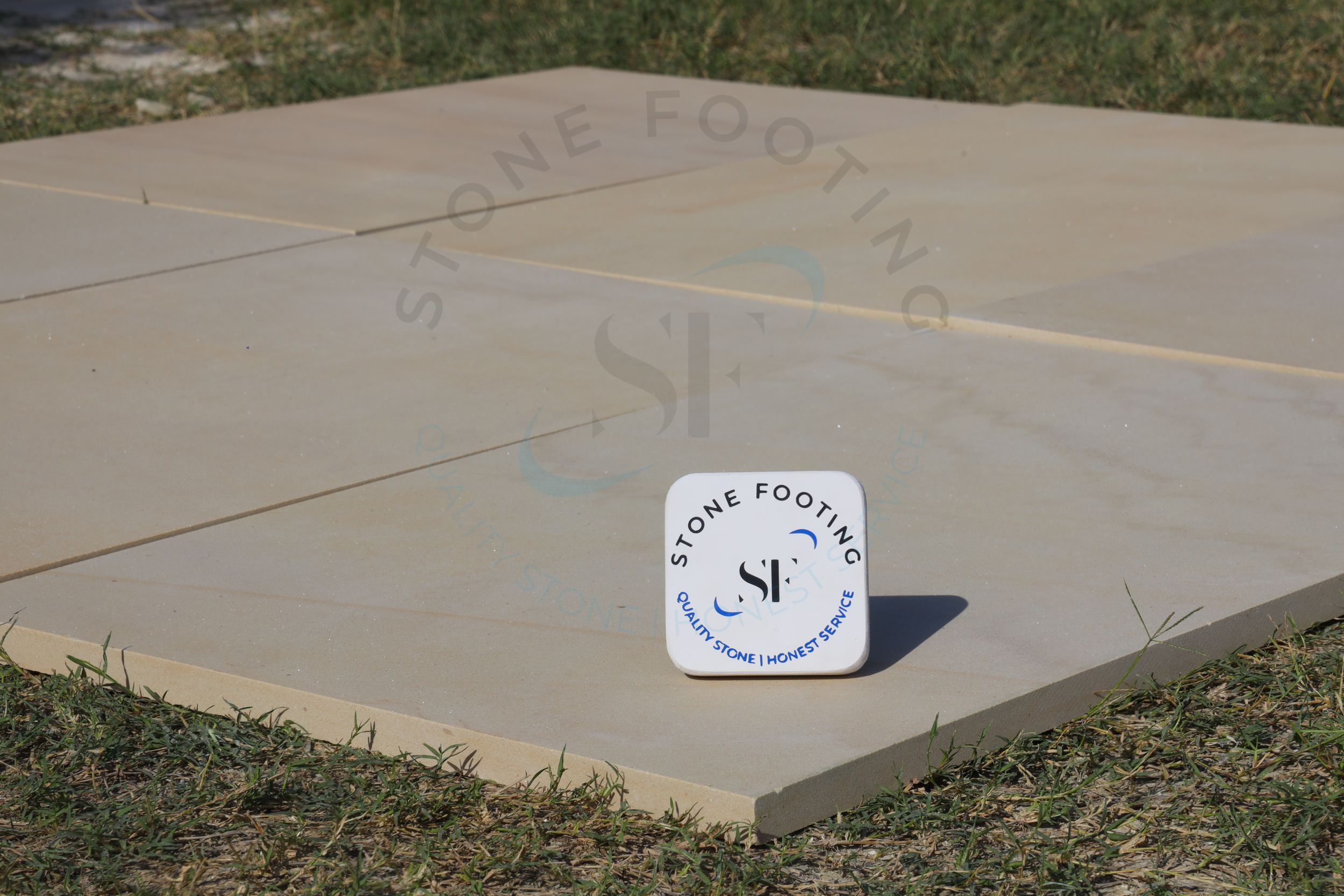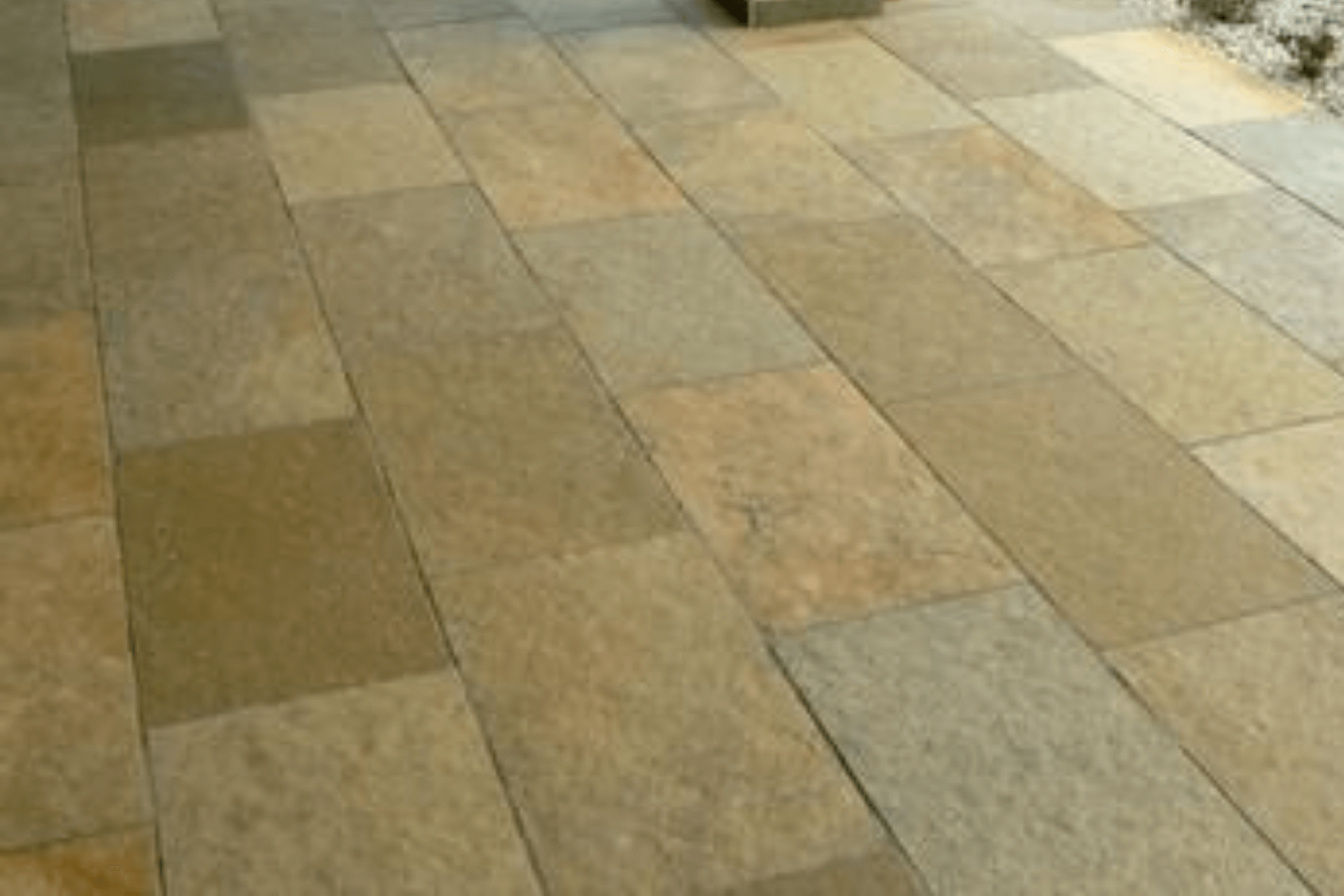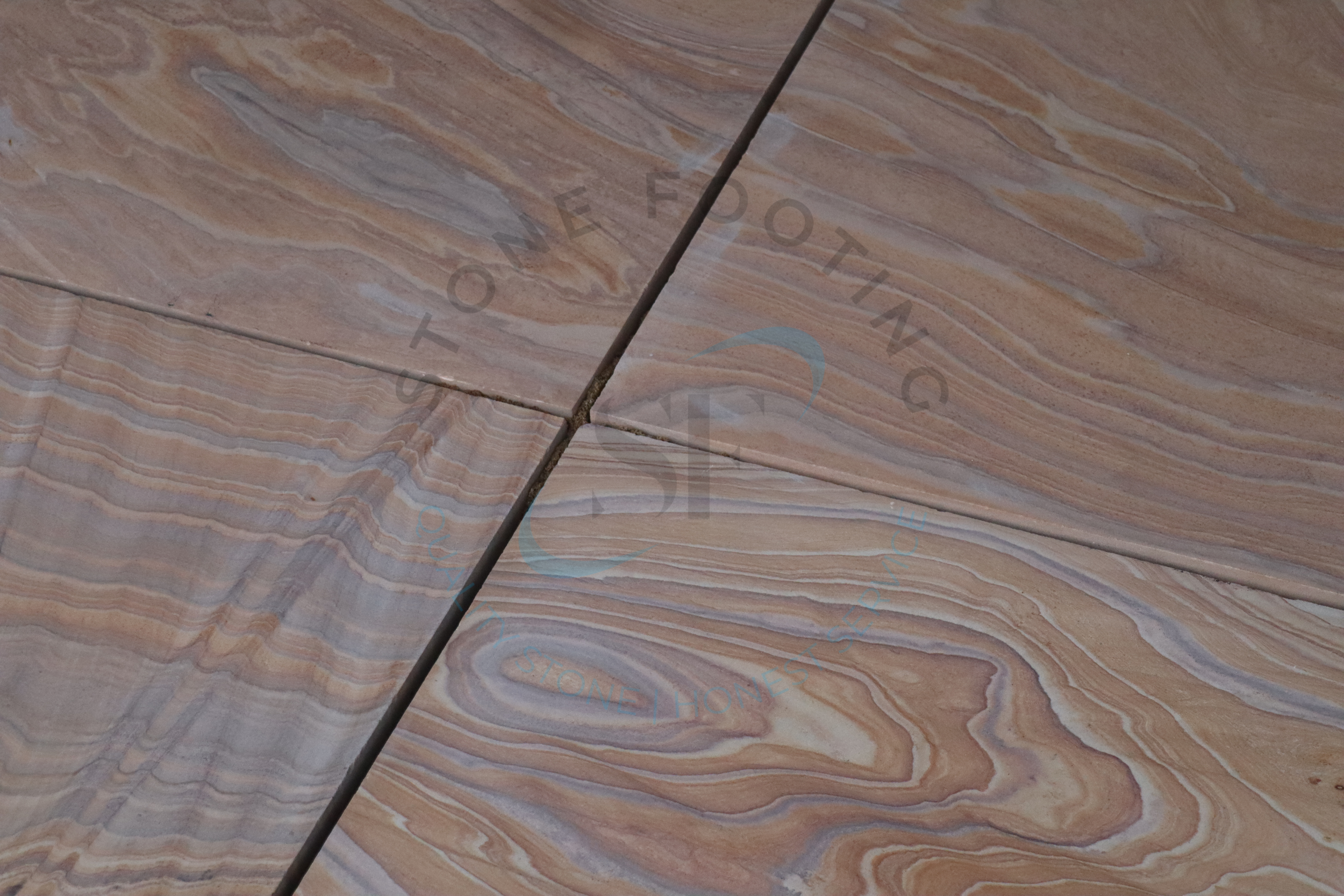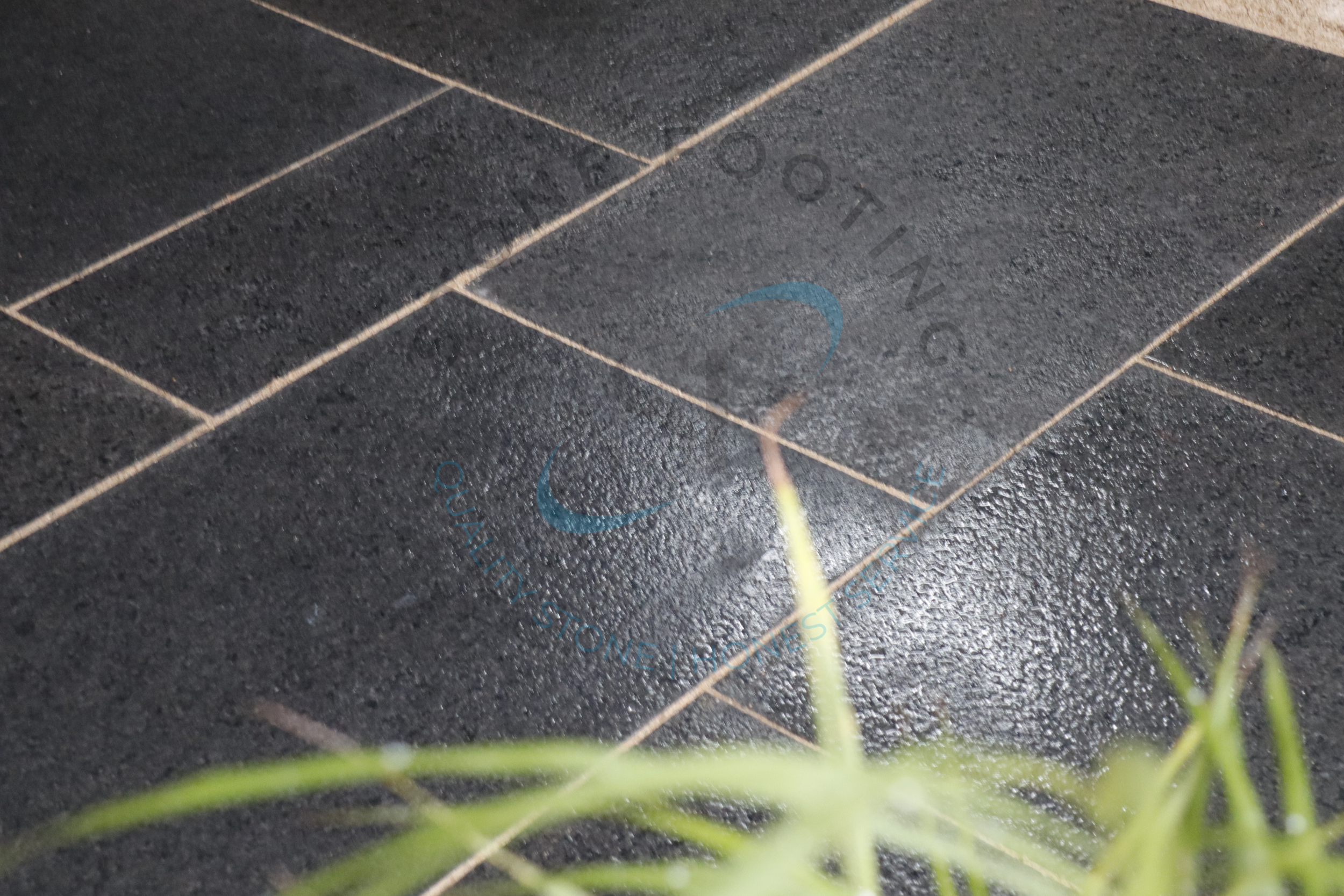What Are The Advantages And Disadvantages Of Granite Tiles?
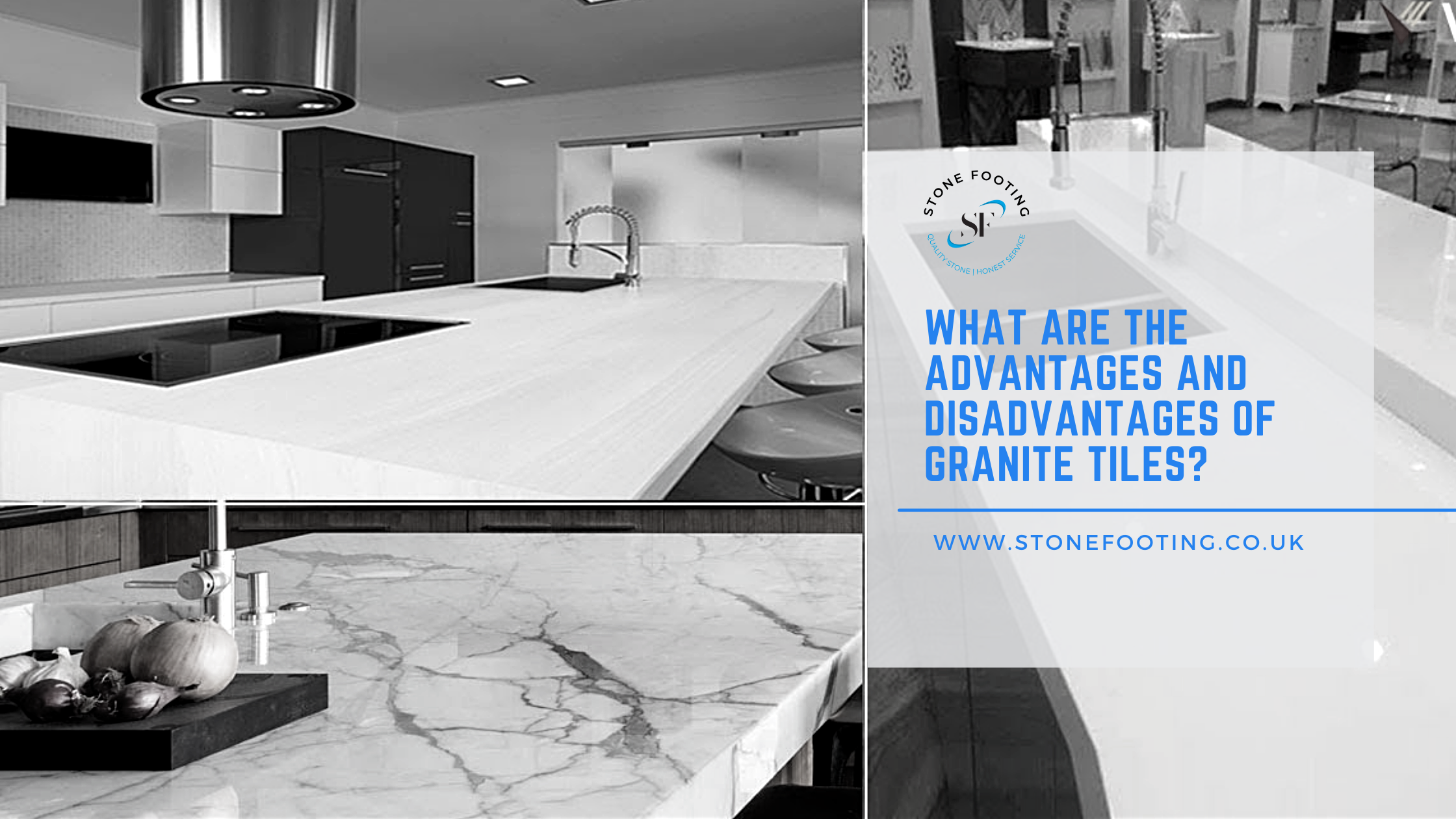
Granite is a long-lasting and robust stone with high compressive strength and a broad spectrum of hues compared to other stones. It has a low water absorption rate due to its tiny vacancy percentages. The texture of granite stone is homogeneous and smooth in aspect.
On the inside of granite, there are visible black granules. Granite is the most well-known igneous rock. Granite tiles are renowned since they are the most frequent form of stone found on the planet’s surface and produce daily things. Granite has several upsides and downsides.
So, why should one should granite for house flooring?
Advantages of Granite Tiles
Granite tiles are straightforward to operate. With frequent cleaning and wiping, granite may remain gleaming and last a lifetime.
As long as it is confined properly, granite is stain resistant.
Its ageless beauty, exceptional toughness, and damage tolerance make it ideal for outdoor and interior use.
Granite tiles come in multitude of colors. Some of the designs are appealing, with stunning features and uniqueness.
It is hypoallergenic, resistant to allergens and germs, and very resistant to water or humidity, making it an excellent choice for flooring and kitchen countertops.
It can withstand extremely high temperatures. Granite is utilized as kitchen worktops because of its fire and heat resistance.
Granite tiles are an excellent choice to change your flooring because its firm surface may easily endure a lifetime.
Because they are not permeable materials, they can handle water penetration.
Its rugged surface can resist heavy traffic.
Disadvantages of Granite Tiles
Granite is a kind of material that occurs naturally. As a result, sound quality cannot be guaranteed. It’s all a question of luck. Granite tiles of poor quality may break.
In the winter, granite tile flooring may be extremely chilly underfoot, although not as frigid as marbles.
Wall tiles may be challenging to clean. Granite must be cleaned daily if it is to last and preserve its luster.
Granite is quite costly since it has to be mined and refined by experts. The transportation cost of granite expands as you move further from the mine.
Granite installation is essentialised as per the use of professional workers and is both difficult and time-consuming. It is not recommended that you try granite installation on your own since granite is incredibly heavy and takes exceptional expertise and understanding to place.
Delicate or fragile brittle goods dropped on the surface will most likely break due to their hardness.
Because of the hefty weight of granite, transportation costs rise.
When wet, highly polished (glossy) granite tiles can be difficult for youngsters and the elderly.
Repairing badly damaged granite may be costly, with the risk of changing the granite’s color. In addition, chipped or fractured granite necessitates the services of a trained technician to restore.
Though available in a broad range of colors and textures, the selection is limited compared to vitrified tiles, which provide a plethora of color, pattern, and design possibilities.
When contrasted to other flooring materials, it is rather hefty. As a result, the structure’s dead load will grow.
Its edges are sharp and blunt, posing a risk of injury. As a result, chamfering, rounding, and other finishing operations are required, raising the cost of granite.
When utilized with grooves on staircase rails, the tracks will gather dust, making cleaning difficult.
Because of the immense weight, specific measures such as bolting, sealants, and so on must be considered when utilized as vertical cladding.
It will not provide a soft sensation underfoot.
Cleaning should be done regularly.
In the end, several individuals aren’t put off by the disadvantages of granite tiles since the advantages exceed them. If you decide to put granite tiles, be sure you understand how to clean them properly. Contact the stone care professionals for advice on how to care for your granite worktops.
Therefore, if you’re seeking for high-quality natural stone for residential or commercial applications, look no further. Connect with Stone Footing, a natural stone distributor recognised for providing high-quality natural stones.
Frequently Asked Questions
Which stone is suitable for flooring?
The most common varieties. The most common stones used for flooring are basalt, marbles, limestone, and granite.
Is stone tile pricey?
Natural stone is amongst the most costly tile selections since it is, well, organic. If your money allows for it, their opulent appearance makes the cost worthwhile. Earthen tiles are less costly than ceramic tiles, however they require an extra finishing step after installation.
Is it possible to put granite in the shower?
Granite is a tough stone. When put in bathrooms, a sealer is applied to provide further safety to the granite. Granite shower walls are completely impervious to cracking and crumbles due to the combination of granite’s natural hardness and the sealer. This will help you maintain the perfect state of your shower for many years to come.

